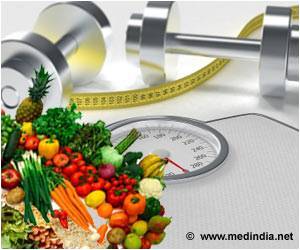
He has advised that we should be consuming more vegetables instead. This is a good way to care for oneself as well as for the planet.
He says we all need to become "demitarians" – which means consuming half the amount of meat we’re currently consuming otherwise it would cost our planet, very dearly.
In the present day the consumption of meat is much more than what was consumed by people who lived one or two generations before us. This has placed a higher demand of grains required to feed cattle. It’s a vicious cycle, as farmers want to enhance grain production by using more fertilizers and pesticides. Due to the greater use of pesticides, there is much more pollution in our atmosphere, which will adversely affect health.
Professor Sutton advises people to fill 50% of their dinner plate with vegetables and consume only 1/3 rd the portion of meat that one is used to consuming.
"Eat meat, but less often – make it special. Portion size is key. Many portions are too big, more than you want to eat," said Professor Sutton.
Advertisement
Source-Medindia















